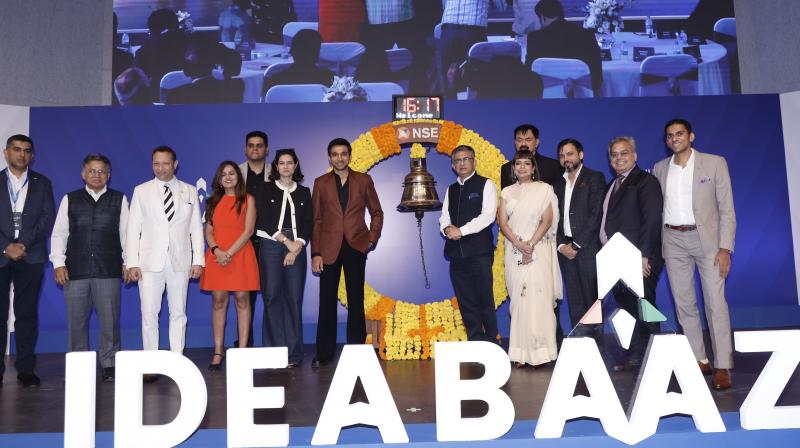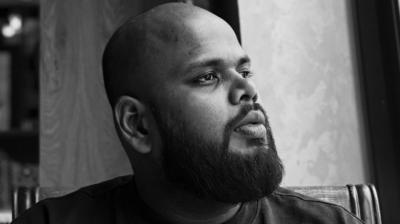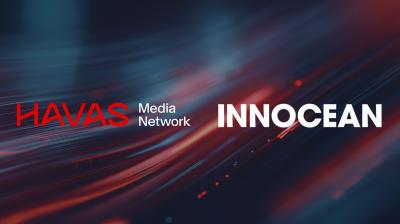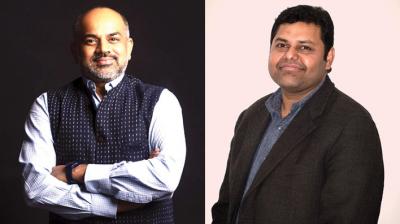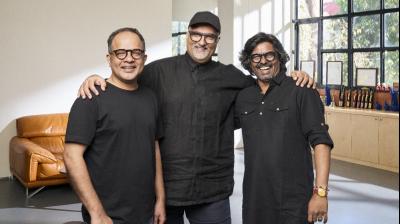When Jeet Wagh envisioned Ideabaaz, he saw it as more than a platform; it was a launchpad for India’s entrepreneurial dreams. That vision came alive on 29 September with its official launch at the National Stock Exchange, marking the country’s first integrated marketplace for startups and investors.
Backed by NSE MD and CEO Ashishkumar Chauhan and a host of business leaders, the launch underscored a clear belief: startups fuel growth, and with the right capital, mentorship, and support, ideas can scale into enterprises that create jobs, wealth, and impact.
Ideabaaz aims to build an ecosystem for innovators, especially from tier 2 and 3 cities, offering funding, professional services, mentorship, and transparent growth tracking.
Adding to this, it’s paired with an entrepreneurial reality show, which will be broadcasted on Zee TV and digitally on Zee5, hosted by actor Pratik Gandhi, spotlighting startup journeys for audiences nationwide and beyond.
The show is curated by media veteran and investor Raj Nayak, founder, House of Cheer, along with co-founders Jeet and Sagoon Wagh.
On the sidelines of the event at NSE, Jeet Wagh, founder and CEO, Ideabaaz, spoke to Manifest about the intent behind the startup reality show, the philosophy behind democratising entrepreneurship, and how he plans to transform India’s startup-investor landscape.
Edited excerpts:
What was the core problem you wanted to solve when you created Ideabaaz, and how does this marketplace go beyond just connecting startups and investors?
The way we see it, startups have become very glamorous in this generation. But beneath that shine, there are real challenges, especially at the tier-two and tier-three levels. There’s a big gap between having an idea and actually building a startup. Many founders chase visibility, but the reality is that 90–95% of startups fail within their first three years. Why? Either they don’t get the right capital at the right time, or even if they do, they lack the right mentors and service providers to guide them forward. We saw that as the real gap. In India, the question is: how do you make ideas bigger, stronger, and more successful? Given our media background with my father and with Raj Nayak, founder, House of Cheer, we felt a reality show could be the right starting point. It creates a powerful IP for branding and builds an ecosystem around it. And behind that, we’re focused on three pillars: access to timely capital, strong mentorship, and trusted service providers. Those are the essentials we want to bring to the next generation of startups.
Why did you feel that Zee Entertainment Enterprises would be the right fit to broadcast the show?
It was a no-brainer. Look at what Subhash Chandra, founder, Zee Entertainment Enterprises and Punit Goenka, managing director and chief executive officer, Zee Entertainment Enterprises, have built. It’s become a phenomenon, a truly homegrown Indian network, and very aligned with what we’re doing. They’ve penetrated tier-two and tier-three markets, exactly where we want to be. Their regional channels are thriving, and they’ve given us the chance to simulcast in eight dubbed languages and broadcast on Zee Marathi, Zee Odisha and Zee Punjabi on the same day. The reach and coverage we get across India with this partnership will be massive.
What was your marketing playbook for the show?
We brought in Nayak, a pioneer in marketing shows like this, and asked him to lead the strategy. He’s put together a brilliant plan that will roll out over the next two to three weeks, and everyone will see the results soon.
Regarding the show’s advertisers, they come from diverse categories. Did you face any challenges bringing them on board?
With the pedigree of Nayak and Chandra and the IPs they’ve worked on, securing these sponsors hasn’t been an issue. On top of that, entertainment around startups has grown into a significant space in the reality TV segment, which works in our favour as well.
Do you believe a platform like Ideabaaz can complement stock exchanges and venture networks by widening early-stage participation?
Definitely, we will become enablers for these investors, where they have a hand-holding thing from their idea stage to a level, and then obviously NSE and stock exchanges will help them to go to the next level, exactly which we can’t do.
When it comes to measuring success, what’s the true north metric for you: funding deals closed, show viewership, or long-term brand engagement?
Our goal is to make a real impact on people’s lives, especially startup founders. Through the show, we aim to create 50–100 startups every year, and beyond that, we want to incubate and support even more on the platform. So our success isn’t measured just in entertainment numbers—it’s about how many startups we’ve helped scale.

.jpg)
